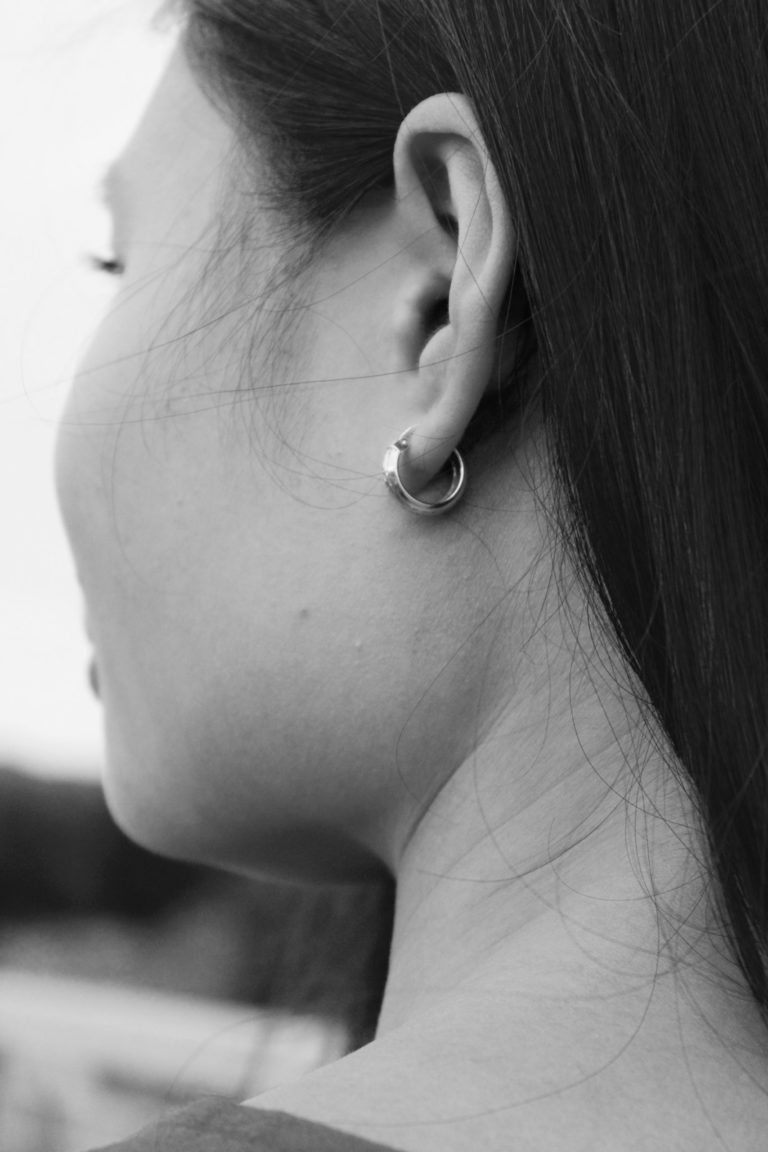Around 15-20 percent of people are affected by tinnitus. However, did you know that tinnitus isn’t a condition in itself, it’s usually a symptom of an underlying condition or illness? If you are experiencing buzzing, ringing, or hissing within your inner ear or ears, then you may be suffering from tinnitus symptoms which may point to an otherwise underlying condition such as hearing loss and damage, a specific blood vessel disorder, or head injury.
When is it time to schedule an appointment with your doctor?

Tinnitus can manifest in two ways. Subjective Tinnitus is the most common form of tinnitus, and is caused by trauma or complications to the outer, middle, or outer ear. This is the form that only you can hear. Objective Tinnitus is a rare form of tinnitus caused by a blood vessel complication, middle ear bone condition, or muscle contractions, and is the form that your doctor can hear, too.
It is time to make an appointment with your doctor or hearing specialist whenever your tinnitus interferes with your day-to-day and overall experience of life. Make an appointment immediately if you also have accompanying symptoms such as:
- Sudden onset of buzzing or ringing
- Hearing loss
- Deafness
- Dizziness
- Discomfort from earwax buildup
What are some possible treatments?
Although there might not be a cure for tinnitus just yet, there are some treatments and combinations of treatment that help many people cope with their symptoms and conditions depending on the severity of their tinnitus as well as the ways in which it affects their daily quality of life.
As noise-related damage and noise-induced hearing loss are one of the most common causes of tinnitus, you can prevent further damage to the sensory hair cells of your inner ear by simply limiting your exposure to loud noises, wearing safety gear around your ears during excessively loud activities, or avoiding high-noise environments altogether.
Other possible treatments—or a combination of treatments—may include the following:
- Wearable hearing devices such as hearing aids or wearable sound generators
- Counseling or therapy to help you learn more about your condition as well as how to cope with it, too
- White noise or sound generators for relaxation and/or sleep
- Cochlear implants
- Medication (including but not limited to antidepressants and antianxiety medication)
- An increase in daily activity and exercise
- Implementing a strict sleep schedule
Get a hearing test.

Do you need a hearing test? Contrary to popular belief, adults should be tested more than once in their life to determine if their ears are properly working and responding to stimuli. In fact, experts recommend that everyone should have their hearing tested once every ten years until they turn 50, and then test every three years after reaching that age.
You may not notice hearing loss as it is happening to you because it’s a gradual process. Going multiple years unchecked by a medical professional may put you at risk for developing worsening hearing loss, or you may continue putting yourself at risk within high-noise environments that are detrimental to your body’s health and wellness.
Once you have a hearing test completed by a health and hearing care professional, they will then proceed with specific tinnitus testing to better understand the impact of which it affects your life as well as curate your individualized treatment plan.
TeleHealth services are available.

Many clinics and testing centers are bringing healthcare to patients’ homes everywhere through TeleHealth services available online. Connecting you to a hearing care specialist may be easier now more than ever, and you can skip the trip to the clinic, too.
Schedule a virtual appointment with licensed professionals who can continue to support your healthcare needs through hearing consultations, hearing aid fine-tuning and services, hearing assessments, and other resources to supplement any and all of your hearing-related needs.








